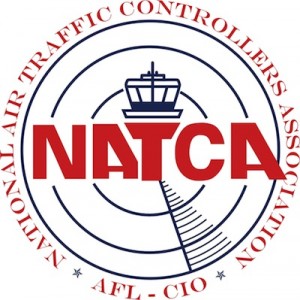NATCA Statement on Safe Staffing For Air Traffic Control Shifts
 National Air Traffic Controllers Association President Paul Rinaldi issued the following statement stressing the need for safe staffing of front-line, fully certified air traffic controllers on all shifts, particularly the midnight (overnight) shifts, in the wake of Wednesday morning’s incident at DCA Tower (Washington National Airport).
National Air Traffic Controllers Association President Paul Rinaldi issued the following statement stressing the need for safe staffing of front-line, fully certified air traffic controllers on all shifts, particularly the midnight (overnight) shifts, in the wake of Wednesday morning’s incident at DCA Tower (Washington National Airport).
“During the incident at DCA on the midnight shift Wednesday morning, there was one FAA supervisor on duty, instead of a front-line controller. This was an FAA management supervisor, not a front-line controller.
“We applaud Transportation Secretary LaHood for quickly moving to put safety first and fix the situation at DCA yesterday by ordering additional staffing – a front-line controller – on the midnight shift, which took effect last night.
“NATCA has long been outspoken in its opposition to one-person staffing on any shift. In fact, the NATCA membership, in its strong commitment to aviation safety, adopted language in its formal constitution nearly 20 years ago opposing one-person staffing on a shift. That language remains in effect today.
“One-person shifts are unsafe. Period. The most horrifying proof of this came on Aug. 27, 2006, when 49 people lost their lives aboard Comair Flight 191 in Lexington, Ky., when there was only one controller assigned to duty in the tower handling multiple controllers’ responsibilities alone. One person staffing was wrong then and it’s wrong now.
“We also applaud Secretary LaHood for calling yesterday for an FAA study of staffing levels around the country at other airports. Wednesday’s incident clearly shows the need for an urgent, comprehensive, nationwide staffing study. We continue to work closely with Congress on FAA reauthorization language that calls for such a study.
“The administration inherited an unsafe policy of staffing to budget instead of putting safety first. We fully support the administration’s aggressive actions to change this policy. Safety should always be the top priority in any discussion of aviation policy.”